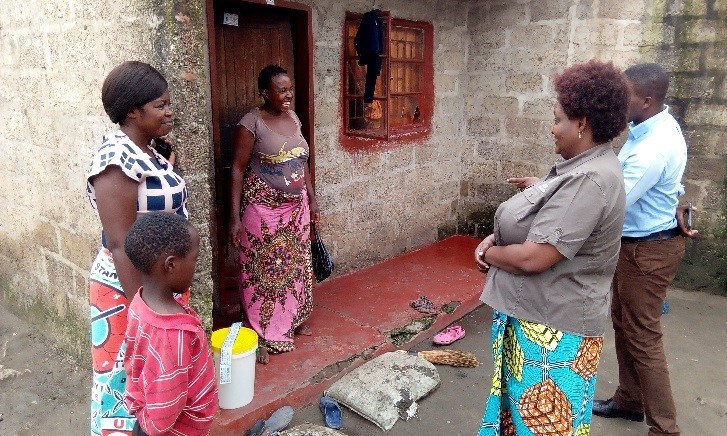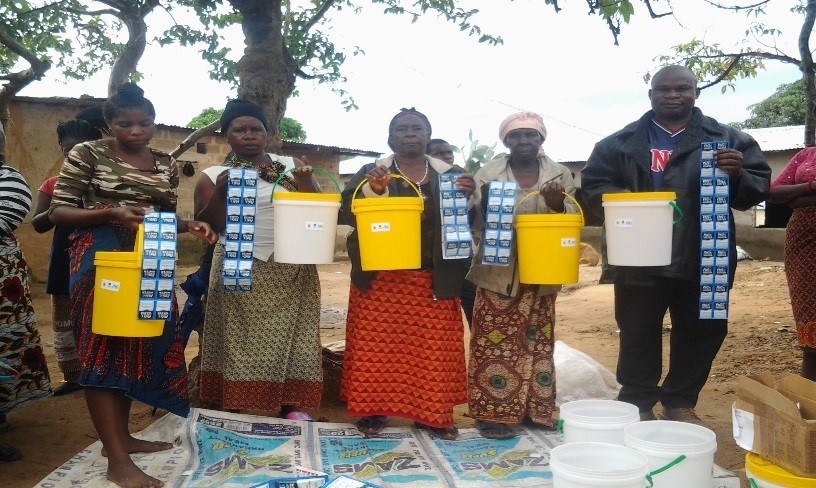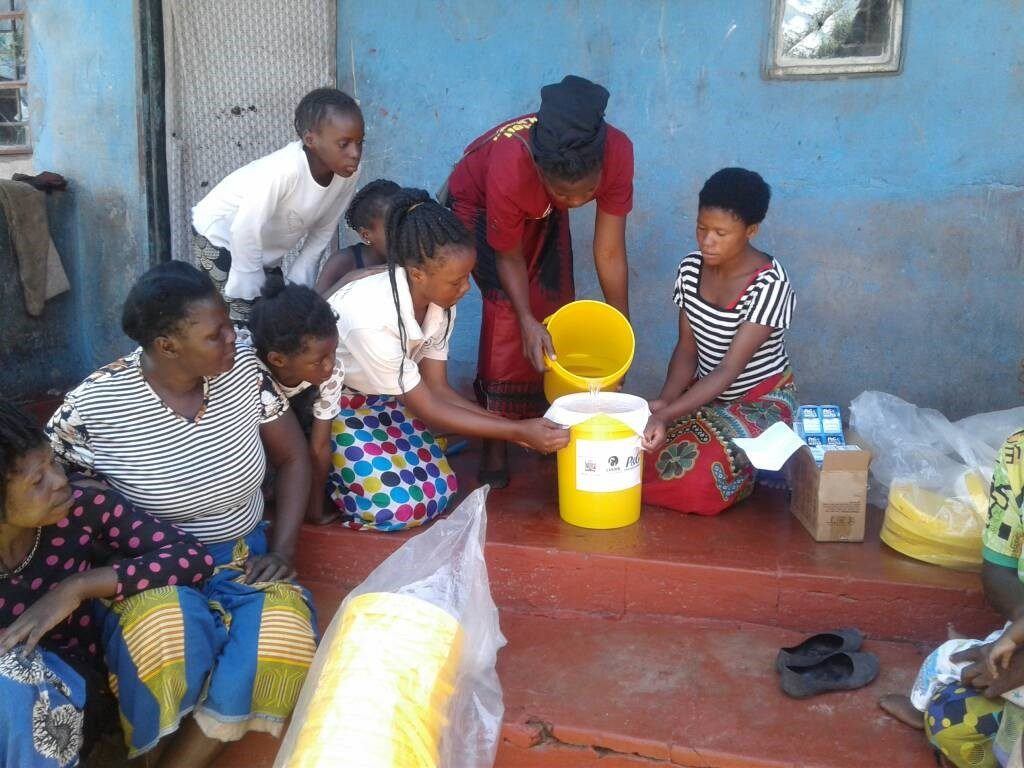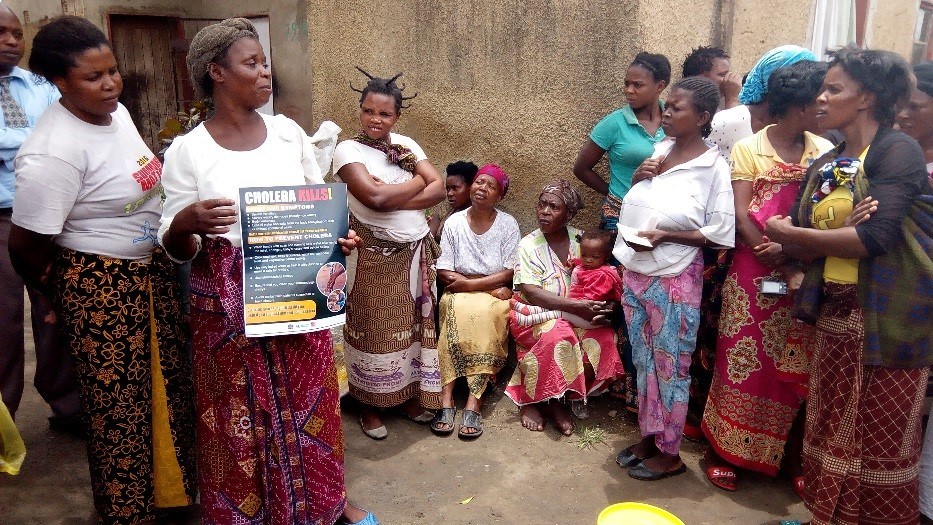Cholera Clean-up in Zambia

In October 2017, a deadly cholera outbreak was declared in Lusaka, Zambia. Since October 4th, the World Health Organization reports that the national cumulative total of cholera cases stands at 5,935 with 114 deaths.¹
Months after the initial outbreak, the Zambian Ministry of Health officially declared the outbreak over. While the number of new cholera cases has stabilized, expanding access to clean, safe drinking water and proper sanitation remains a major challenge.
CMMB Zambia country director, Batuke Walusiku-Mwewa shares information about the situation moving forward, the cause of the outbreak, and how CMMB is working to continue their response beyond the outbreak to other health issues impacting women, children, and communities living on the peripheries of care.
The Cholera Situation in Zambia
In the Lusaka district alone, 5,444 cases of cholera and 98 deaths were recorded.¹ Thankfully, CMMB moved quickly to address the problem and implement a long-term WASH initiative to help prevent outbreaks in the future.
As Ms. Walusiku-Mwewa remarked: “The fight against cholera brought together many different partners, including the Zambian government, WHO, USAID, various UN agencies, private sector partners, and NGOs. CMMB’s long-time institutional partner, Procter & Gamble (P&G), quickly responded to the crisis, donating 630,000 sachets of water purification materials, helping us to reach over 9,000 of the most vulnerable households with safe drinking water.”

Happy beneficiaries after receiving P&G water purification materials and buckets. The buckets were used for water storage after the purification process.
However, though quick distribution of essential materials was successful, there are still many people who live far from health facilities and lack access to clean water. Just within the regions of the participating health facilities, over 200,000 households are represented. Recipients were happy and grateful to receive such lifesaving water purification materials, but beneficiaries also expressed concern for those unable to enjoy them.
“Please, CMMB, consider extending the distribution to other people because others have not benefited. We benefited so much from the information we were given by the volunteers.”
For this particular project, efforts were concentrated on areas with high reports of cholera cases, leaving our scope of support a lot of room to grow. The reality of inadequate access to safe water, poor sanitation, and unsanitary food practices in Lusaka makes another deadly cholera outbreak unfortunately, very likely. In order to look towards a true end to cholera, these underlying problems must be addressed – community-wide, city-wide, and nation-wide.
Ms. Walusiku-Mwewa seeks to do just this. She seeks to start at the community level to encourage a collective effort towards good hygiene practices.
Ms. Walusiku-Mwewa’s Call for a Clean Future
As a country, we have faced a very difficult time, one that creates a level of shame. While acknowledging that there are actions that we may have benefited from doing much earlier, before we were hit by cholera, the fight needs to start with us, community members, at the household level. We need to keep our environment clean, to work on policy that provides short and long-term solutions, and to implement them. A state of public health emergency has forced us to recognize that there is a lot we can do, but we cannot do it alone. We need everyone on board so we can have clean water, acceptable sanitation, and behaviors that support a cholera-free environment. We cannot afford to lose another life in Zambia.

A Volunteer demonstrates filtration using a cotton cloth.
It is my humble plea that people, organizations, and governments who have stood by us will continue to join hands with us as we continue our work. The underlying, chronic water, sanitation, and hygiene issues, including the lack of suitable infrastructure for clean water and disposal of waste, continue to linger in many of the affected areas, including Lusaka.
¹ – Statistics from the World Health Organization
